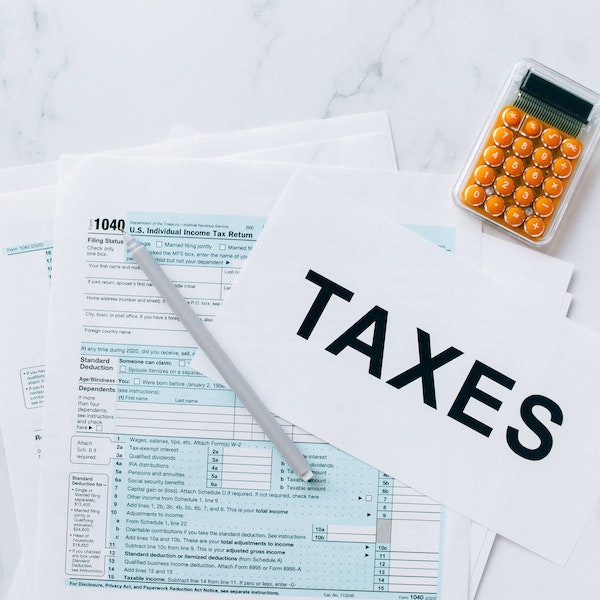Value Added Tax (VAT) is a type of consumption tax that is added to most goods and services sold in the UK. The standard rate of VAT is 20%, but there are also reduced rates of 5% and 0%.
Who Pays VAT?
The consumer ultimately pays VAT, but the tax is collected by businesses at each stage of the supply chain. For example, a manufacturer might add VAT to the cost of raw materials, a wholesaler might add VAT to the cost of the manufactured goods, and a retailer might add VAT to the final sale price.
How is VAT Calculated?
VAT is calculated on the total price of a good or service, including any other taxes or charges. For example, if a product costs £100, and the standard rate of VAT is 20%, then the VAT payable would be £20.
Who Has to Register for VAT?
Businesses that have a taxable turnover of more than £90,000 per year must register for VAT. However, businesses can choose to register for VAT even if their turnover is less than £90,000.
What Goods and Services Are Exempt from VAT?
Some goods and services are exempt from VAT, such as:
- Food and drink
- Books and newspapers
- Medicines
- Children's clothing and footwear
- Water and sewage services
- Financial services
What Goods and Services Are Zero-Rated for VAT?
Some goods and services are zero-rated for VAT, which means that no VAT is payable. These include:
- Construction materials
- Plant and machinery
- Books and newspapers
- Children's clothing and footwear
- Electrical goods
- Fuel
How to Claim VAT Back
Businesses that are registered for VAT can claim back the VAT that they have paid on business expenses. This includes VAT on the purchase of goods and services, as well as VAT on the cost of transporting goods.
More Information on VAT
For more information on VAT, you can visit the website of HM Revenue and Customs (HMRC): https://www.gov.uk/topic/business-tax/vat
Published: 5/6/2025 1:55:39 PM. Disclaimer: This article is for informational purposes only and does not constitute legal or financial advice.
For formal advice regarding UK company registration please…


